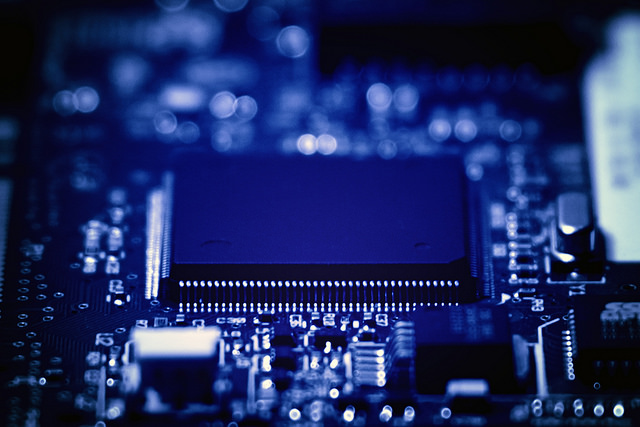Robotization and training are two challenges that Latin America will have to face sooner rather than later. Not without many sacrifices, the region left behind the sad stagnation of the ’80s. In that decade –of which economists, politicians and experts said it was «lost»- it was common for countries to suffer because of their high fiscal deficits, bulky external debts, high inflation rates, worrisome unemployment level, and a fall in their Gross Domestic Product. Since then, almost half a century has gone by. There have been major political changes, sometimes true cataclysms, which have transcended the economic and social spheres. According to ECLAC’s and the World Bank’s projections, save for Venezuela, immersed in a crisis of Dantesque proportions, 2017 will be a year of economic growth for all Latin American nations. This can be attributed both to the behavior of commodities and to the more conservative macroeconomic strategies applied by governments. The region, after much suffering, begins to see the light at the end of the tunnel.
Global growth in Latin America, which ECLAC estimates at around 1.1 percent, is still below expectations, though, and the danger of relapse, if appropriate measures are not taken, remains latent. The region, which shows finally some achievements in economic matters, seems destined to having no respite and needing new measures to face the challenges of the future, to avoid falling back into the recessive spiral. In short, there are experts who estimate that the end of raw materials’ high prices is drawing close. This could create economic difficulties for countries, curb their growth and frustrate the aspirations for improvements in all social strata of society, from the most affluent to the most humble, passing through the emerging middle class. The risk, today, is that the trend towards the reduction of absolute and relative poverty in Latin America could be reversed, with serious repercussions on the social, political and institutional stability of nations.
So as not to re-navigate the turbulent waters of the crisis, the region must prepare itself for fundamental changes that pass necessarily through the formation of the new generation, and leap into «industry 4.0»: a novel concept of media organization of production. According to ECLAC, in the near future Latin America will cease to be a young region with high fertility and birth rates; in fact, it seems to be headed at a steady pace towards the aging of its population. It is necessary therefore to implement policies that take into account this new demographic reality, which implies a change of mentality and a new industrial architecture that bets on robotics.
If the economy relied before on labor-intensive industries, today it should do so on modern manufacturing complexes. The training of the new generations should be their fundamental weapon for development. In fact, the «operator of the future» must have competencies to deal with intelligent machines; the ability and preparation for analysis, verification and, above all, decision; must know how to learn, and adapt; to be aware that innovation is made by and for the people.
The long-term challenge of the region is to bet on the children of the baby boomers: the «millennial generation», whose natural tools are Internet, mobile phones and «social media»; possesses a high level of studies of superior degree and, for it, life occurs in the global market.
Photo Credits: Yuri Samoilov


